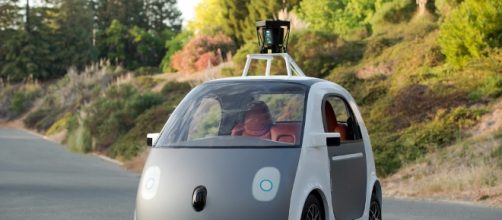According to Mashable, Audi is delving into the question of what people are going to do with that extra hour or so of time that they will not be spending behind the wheel when self-driving cars become a reality. With Wi-Fi connectivity, the possibilities are almost endless.
Testing the self-driving experience in a simulation
Instead of putting test subjects in actual self-driving cars and sending them on the road, Audi is putting them in a simulator. The car company is choosing millennials as a preference on the theory that that generation is more accepting of new technology.
The test subjects were given two experiences, one in which they were bombarded with ads, neon lights, and social media notifications, and aother in which it was quiet with ambient lighting. Unsurprisingly, the test subjects were found to be more productive when trying to get work done in the latter scenario.
But are we just buying extra work by not having to drive ourselves to work?
The assumption of the Audi experiment seems to be that if we have an extra hour or so a day, we might as well spend that time getting some work done. We can have meetings and access projects in the company network while our autonomous car is whisking us to the office. To be sure, a lot of people are going to do extra work, especially if they are in a profession with deadlines and a heavy workload.
However, a lot of other things can be done with the commute time. Many people will choose to conduct personal business, parent teacher conferences, remote visits to the doctor, and so on. Some people will be glad with the extra hour to sleep. A lot of people in high-pressure occupations get too little of that commodity.
If one can work from one's car, why go to an office at all?
Telecommuting has been around for quite a while. A number of jobs lend themselves to a Work From Home situation in which one does not even have to go to an office, at least every day. The question arises: If one can work from a self-Driving Car, why not do it from a home work station and eliminate the need to go to the office to begin with?
To be sure, some companies are somewhat squeamish about allowing their people to work from home, the theory being that they can’t be trusted to produce unless they are under constant supervision. Before she ran Yahoo into the ground, Marissa Meyer ended the practice at the company she had been hired to save, a policy that made her very unpopular. However, self-motivated people may not have to go to work at all -- in an ordinary car or an autonomous version.


